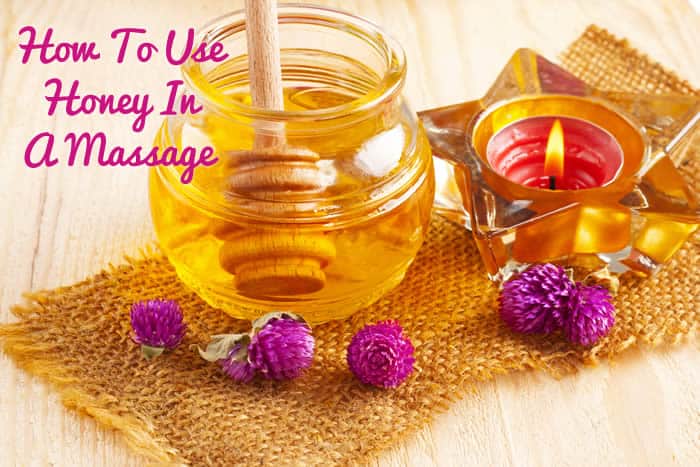

History Of Honey & Health Benefits Of Honey
The diligent little bee has been an almost invisible companion to humanity for a very long time creating quite the history of honey. Documentation of their activity, the honey they produce, and honey health benefits go back thousands of years.
- A Sumerian scripture, written around 2000 BC offers a prescription for treating a wound, “Grind to a powder river dust … (words missing on translated text) then knead it in water and honey and let plain oil and hot cedar oil be spread over it.”
- The Ebers papyrus written about 1550 BC includes honey in 147 of its prescriptions for external applications, from use against baldness to healing ointments used after surgery and to reduce inflammation.
- The Ayurvedic texts of ancient India written about 500 AD indicate honey being used for the cleaning and healing of wounds as well as against many internal and external infections.
- Ancient Greeks thought of honey as medicine and believed that it would prolong life.
- The Mayan culture used the honey of a stingless bee to treat cataracts.
Today interest in the use of honey as a type of medicine, or apitherapy, is growing. A renewed awareness of the healing properties is seen in home remedies, honey supplements, as well as over-the-counter items. Honey is not just sugar. It contains many important nutrients including calcium, iron, magnesium, phosphorous, and potassium as well as numerous vitamins, enzymes, antioxidants, and probiotics.
How To Give A Honey Massage
There are many massage with honey benefits. When applied externally, honey acts as a humectant. That is, it attracts and promotes the retention of water. When added to a lotion or oil, it softens and hydrates the skin. It also contains many vitamins and minerals which will be absorbed into the skin. Just one tablespoon of honey contains calcium (20.3 mg), iron (1.4 mg), magnesium (6.8 mg), and potassium (176 mg). Honey also contains Vitamins C and B6, riboflavin, and folate. The best thing of course is, although a tablespoon of honey contains about 64 calories, when used externally in a honey massage session, those calories don’t add on any weight!
There is a specialized technique for honey massage. Different from a Swedish massage which uses the gliding properties of oils to allow the hands to move easily along the skin, honey provides little glide and a lot of stickiness. The technique used is perhaps more related to something like cupping because, instead of gliding, the palmar surface of the hands of the therapist pulls up on the skin resulting in a pumping motion, which stimulates reflex zones, improves circulation, and helps the body in removal of toxins.
In your own practice, you can add a small amount of honey to your massage oil creating a honey massage oil. The National Honey Board recommends about five tablespoons of honey mixed with two cups of almond oil and two tablespoons of rose oil (not essential oil). You may want to adjust the quantities for your own comfort level with regard to glide and technique. You can also add a drop or two of essential oil for added therapeutic value, such as lavender for relaxation.
Honey Tea, Beeswax Candles, & Honey Face Masks
If you want to create a complete experience in the honey massage session you can always add the relaxing scent of honey through the use of beeswax candles. Using beeswax candles (instead of paraffin-based candles) have the added benefit of being non-toxic, sootless, and environmentally friendly. It also has a soothing effect because beeswax candles, when lit, emit negative ions which have been shown to reduce depression. Kind of like that pleasant feeling, you get after a rainfall for the same reasons.
Offering your client a nice cup of honey tea with a teaspoon or two of honey added, after the massage session, is a nice way to complete the experience. (Try Manuka honey tea for added benefits!)
Help to celebrate National Honey Month by enticing your clients with a sweet and relaxing experience.












14 Responses to How To Use Honey In A Massage